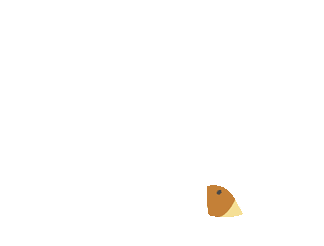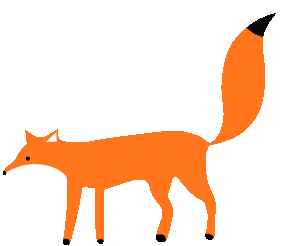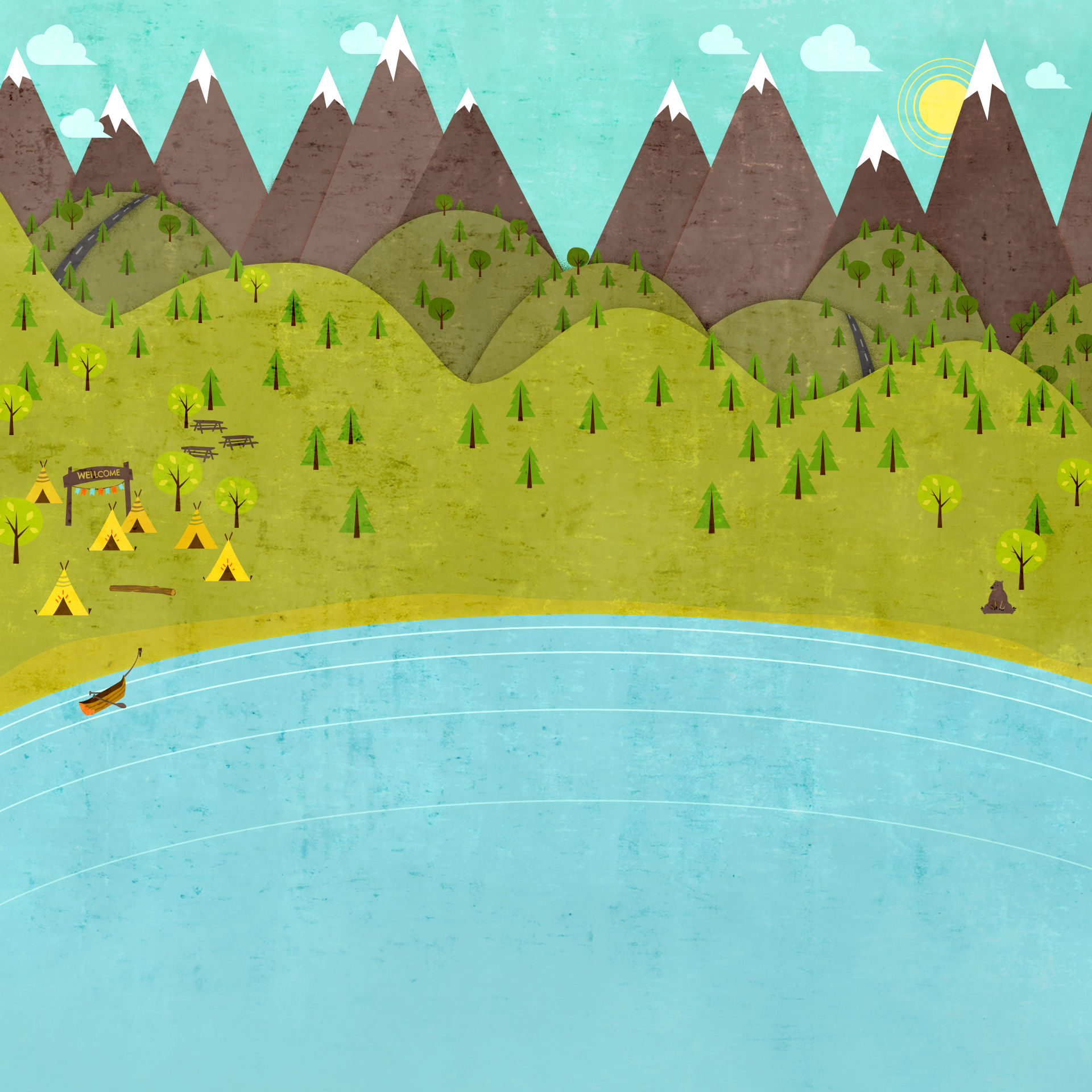

Ms. Bailey
Skinner Middle School


Philosophy on Education

One of my most memorable teachers is my seventh grade science teacher, Mr. Berra, also known as “the pirate”. He had a hook for a hand and rumor had it that he wasn’t afraid to use it on students who didn’t do their homework. I remember my terror on the first day of class when he entered the classroom, the hook glimmering under the hot, fluorescent lights. What came next shocked me most. He stood at the front of the room and invited an open dialogue about his disability: how he got it, how the apparatus worked, the advantages and disadvantages of having a metal hand, the stereotypes that go along with being a “pirate”, and contemplating the role of fate in his accident, as it resulted in meeting his wife and having two children. This experience left a deep impression on me as a person and as an educator, as he was one of the first teachers I had who was really open to sharing himself and his experiences with his students. In doing so, he created a safe atmosphere in the classroom in which we as students began to feel comfortable taking risks, exposing our weaknesses, and openly confronting our own “disabilities” whatever they might be.
I have taken this lesson to heart in my own teaching practice. I believe that in order to be an effective educator it is imperative that you create a safe atmosphere in which students can engage in positive risk-taking, feel comfortable to share themselves with their teacher and classmates, and reflect on their own strengths and weaknesses. I believe the best way to do this is to lead by example by being an open and reflective individual. In doing so, I foster close relationships with all of my students. I know that each child is a unique individual with their own personal experiences and perspectives to add to class discourse, and only through open and honest communication can these individual voices be heard.
Additionally, learning the individual strengths and needs of students plays a principle role in curriculum design. By understanding the existing interests and attitudes in the classroom, I can construct course, unit, and lesson plans that will be both engaging and meaningful to my students. My inquiry-based approach to curriculum depends on intimate knowledge of what questions and themes will stir the natural curiosity of my students, tapping into their own intrinsic motivation and resulting in academic progress and a life-long love of learning. It is my goal not to simply provide the content to be mastered, but to give students the tools and motivation to continue following their academic passions long after they have ceased being students in my class.
Further, I believe in educating the whole child. My hope is that students will leave my class not only with a deeper knowledge and understanding of the content studied but with a better understanding of themselves and who they want to be in this world. I believe an education is much more than content. It is about learning to be responsible to yourself and others, about being reflective and sensitive, and about learning respect and tolerance for all walks of life. Content is a means to an end, not an end in itself. It is much more important that students are equipped with the skills, passion, perseverance, and concepts to acquire and apply knowledge than it is to memorize a prescript set of facts and data.
Teaching is a vehicle for continual growth and learning for both student and teacher. It stretches my intellect and challenges me to improve my craft on a daily basis. It prompts frequent self-reflection and constant revision of tactics and strategies. It continually surprises me with new realizations and self-discovery. This is a lesson that I want to pass to my students: that we are never done learning; that no matter our age we are never truly done being students in the world. I hope that through my own passion and curiosity I will inspire my students to excel. I believe sharing my own life experiences, knowledge, and wisdom will help give students the tools and insights needed to be successful individuals based on their own definitions of success.
Like Mr. Berra, I hope that by sharing and involving my students in my own process of self-reflection and learning, by engaging in honest and open communication, and by being a part of the class community of shared experience, students will leave my class, not just better students, but better people.
